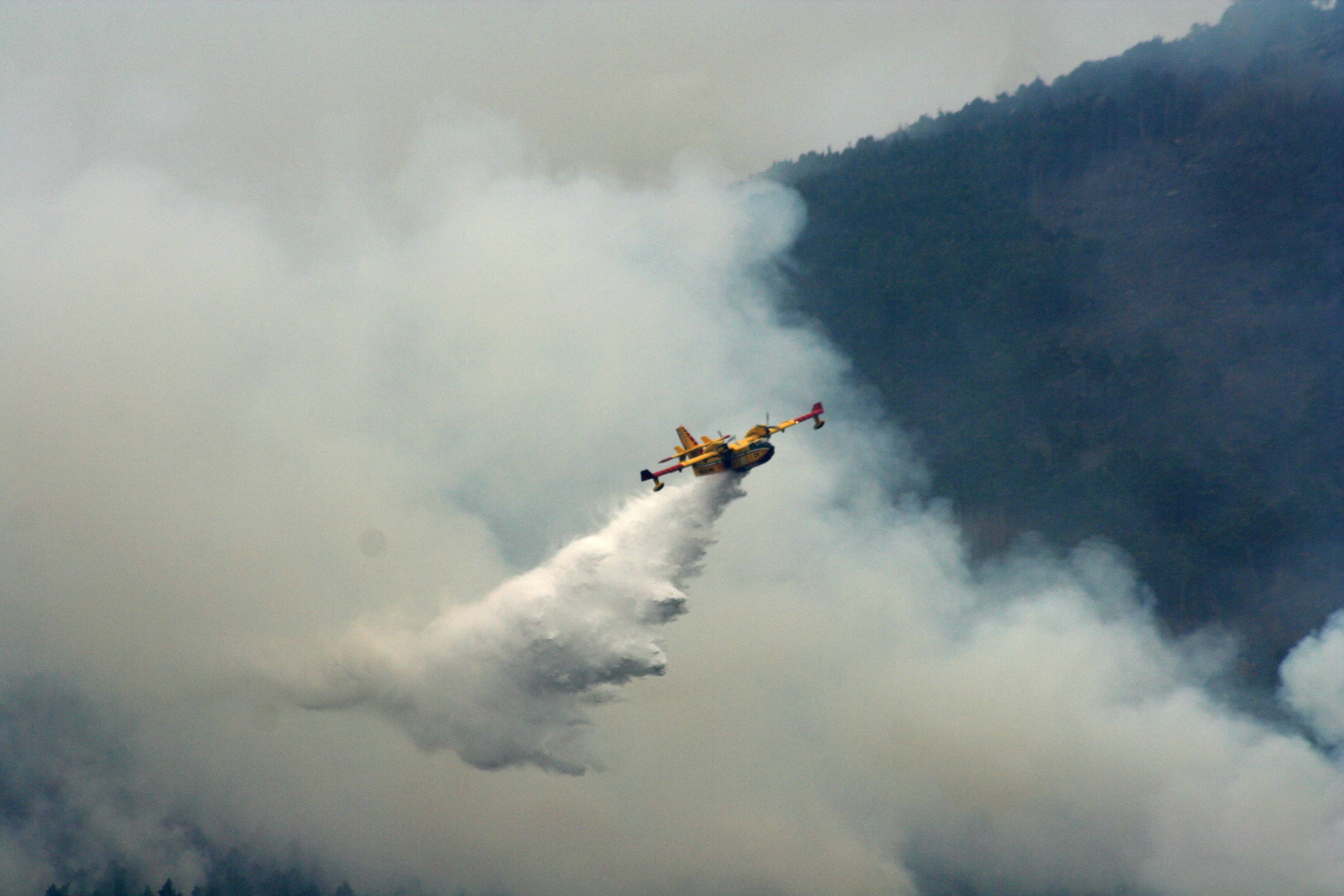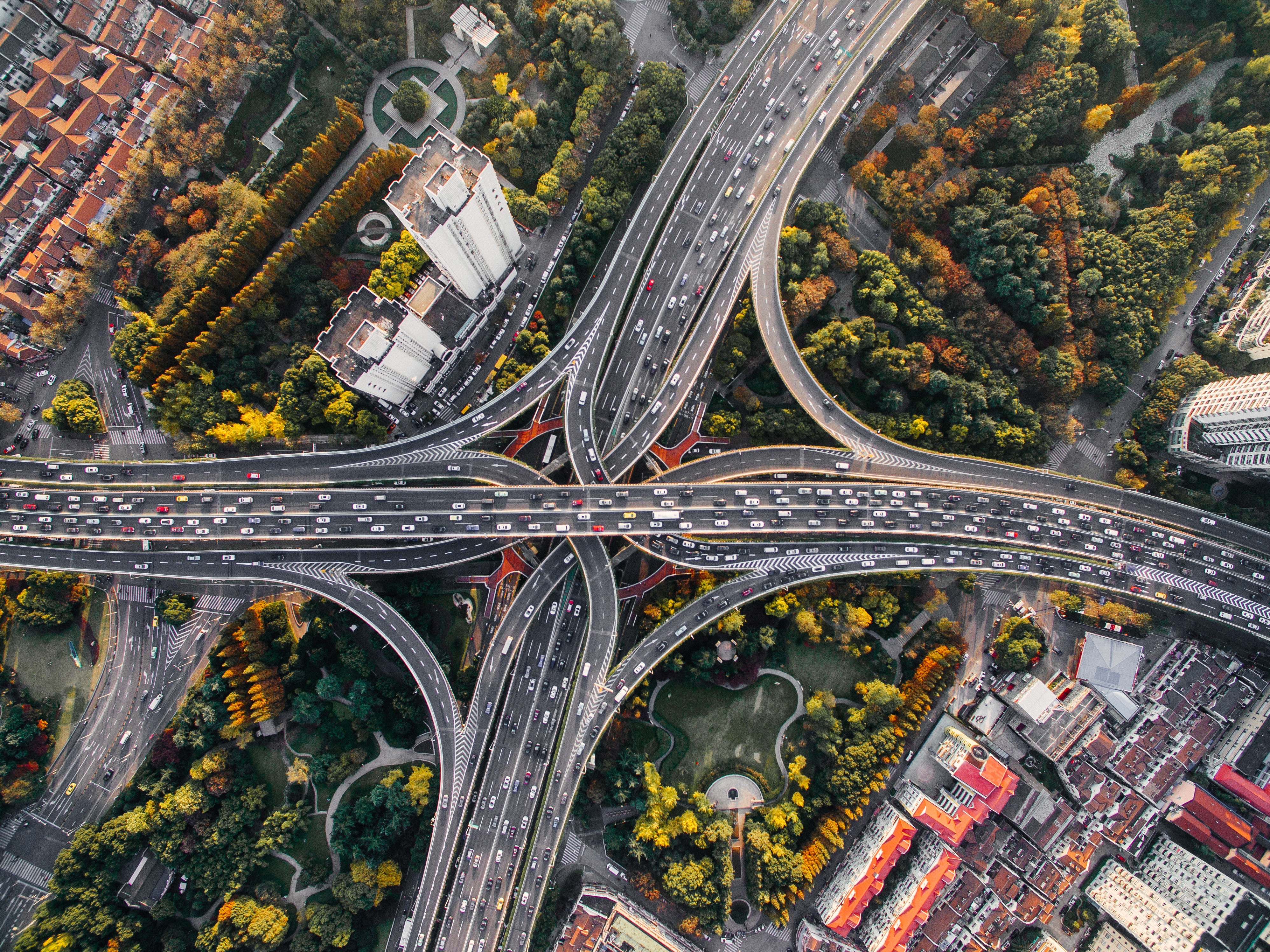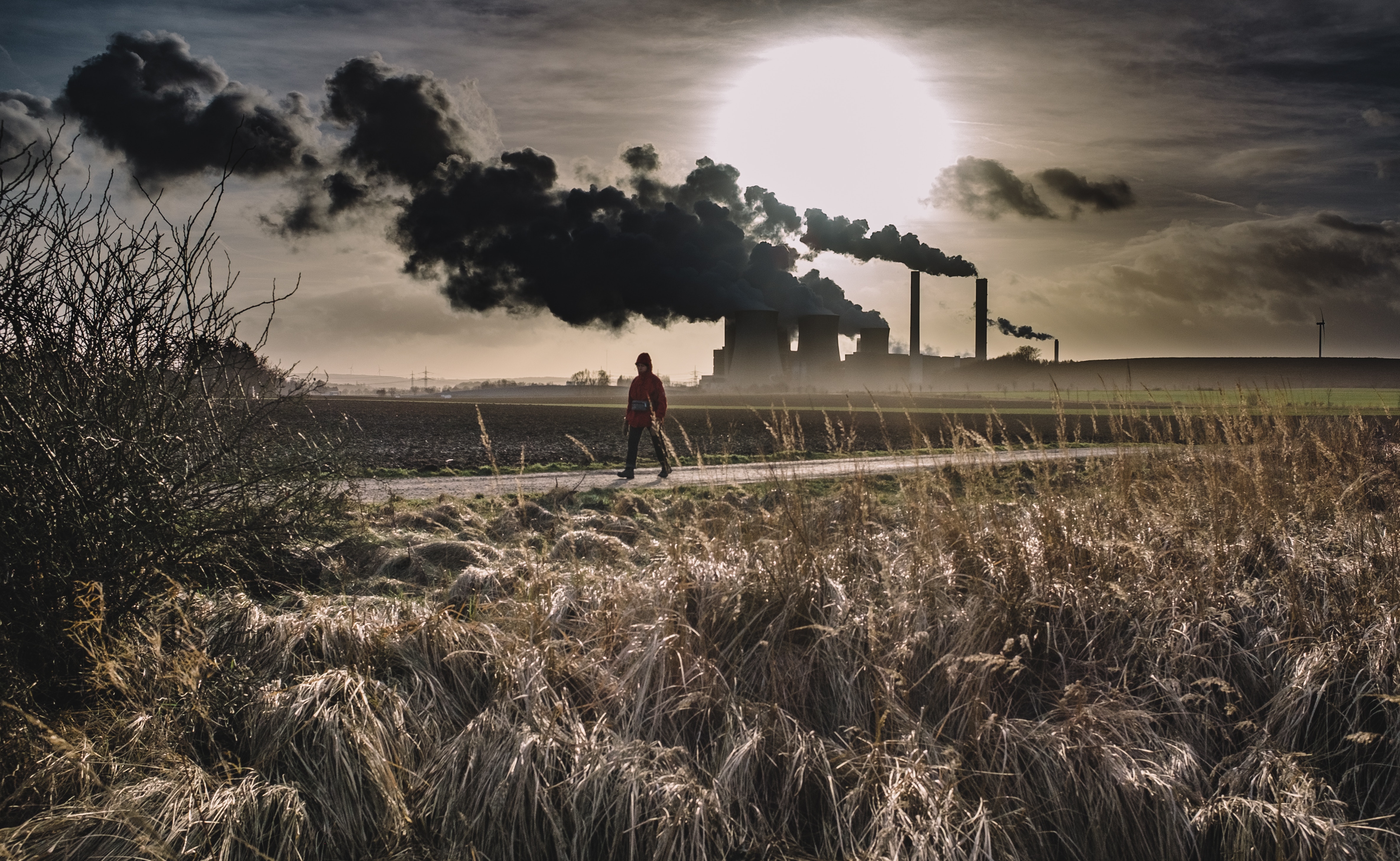The Carbon Offsetting and Reduction Scheme for International Aviation (a.k.a. CORSIA) was adopted in 2016 by member states of the International Civil Aviation Organization, to complement the efforts the aviation sector committed to, in order to achieve the goal of “carbon neutral growth from 2020” (that is, to keep the global net CO2 emissions from international aviation from 2020 at the same level, despite projected growth in traffic and limited improvements forecasted for aircraft fuel efficiency). Besides CORSIA, the “carbon neutral growth” goal requires technology, operational and infrastructure advances.
The offset scheme is due to become operational from 2021 on with a pilot phase until 2023, followed by a voluntary first phase until 2026. From 2027 on, it will be mandatory for all States, with some exceptions such as for least developed countries, small island developing states, landlocked developing countries, and states with very low levels of international aviation activity.
The recently adopted standards concern the monitoring, reporting, and verification (MRV) rules and are “critical to helping States and airlines to operationalize CORSIA per its established deadlines,” said ICAO Council President Dr. Olumuyiwa Benard Aliu. The first package defines “what has to be done, by whom, starting with the collection of information on international aviation CO2 emissions by airlines as of January 2019.”
However, key decisions on which criteria should be adopted to decide the kind of eligible credits, and to guarantee the environmental and social integrity of the offset scheme, have been postponed to the next Council meetings, the first being in September.
According to Carbon Market Watch, a main point of contention concerned the process to determine eligible offsets, with China and Brazil reiterating their positions to disregard a centralized process for approving eligible offsets, and to provide automatic eligibility of credits from the UN’s Clean Development Mechanism (CDM), respectively.
“If airlines were allowed to buy offsets from climate projects undertaken years ago, no new carbon reductions would be achieved to compensate aviation’s growing pollution”, transport policy expert Kelsey Perlman explains in an official release by Carbon Market Watch. “This underlines the need for a date limiting eligible offsets under CORSIA, to prevent the threat of worthless credits from flooding the market.”
Probably as a negotiating tactic, China has withdrawn its participation to CORSIA’s first, voluntary phase, Reuters reported. Reuters cited a European Union source, according to which the EU and ICAO members “will work with China to find ways to address China’s concerns without undermining (the deal’s) environmental integrity in order to keep this important aviation country on board”.
Read more
ICAO Factsheet: What is CORSIA and how does it work?
Discover how much CO2 you produce while traveling by plane, with this Carbon Emissions Calculator tool developed by ICAO
Analysis: Deciphering ICAO negotiations for a climate audience, by Carbon Market Watch
What do you know about CORSIA? Test your knowledge on the International Civil Aviation Organisation’s new offsetting mechanism with THE CORSIA CHALLENGE – Aviation climate quiz, created by Carbon Market Watch






